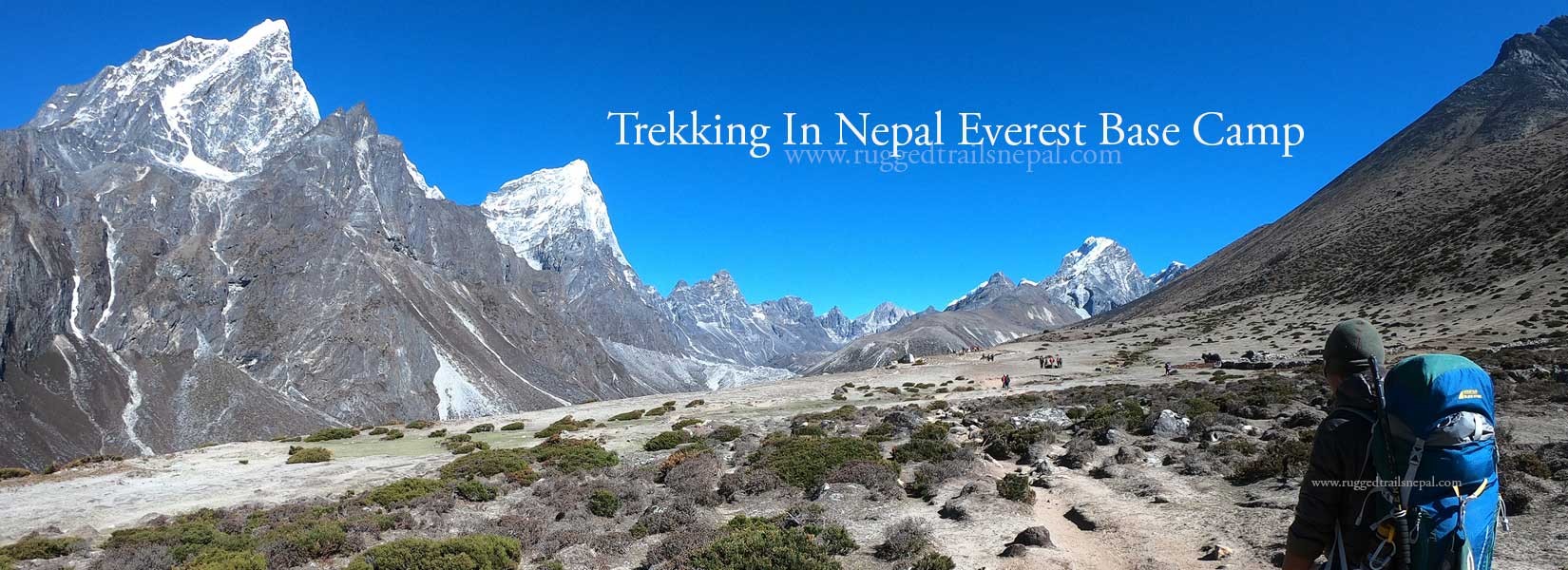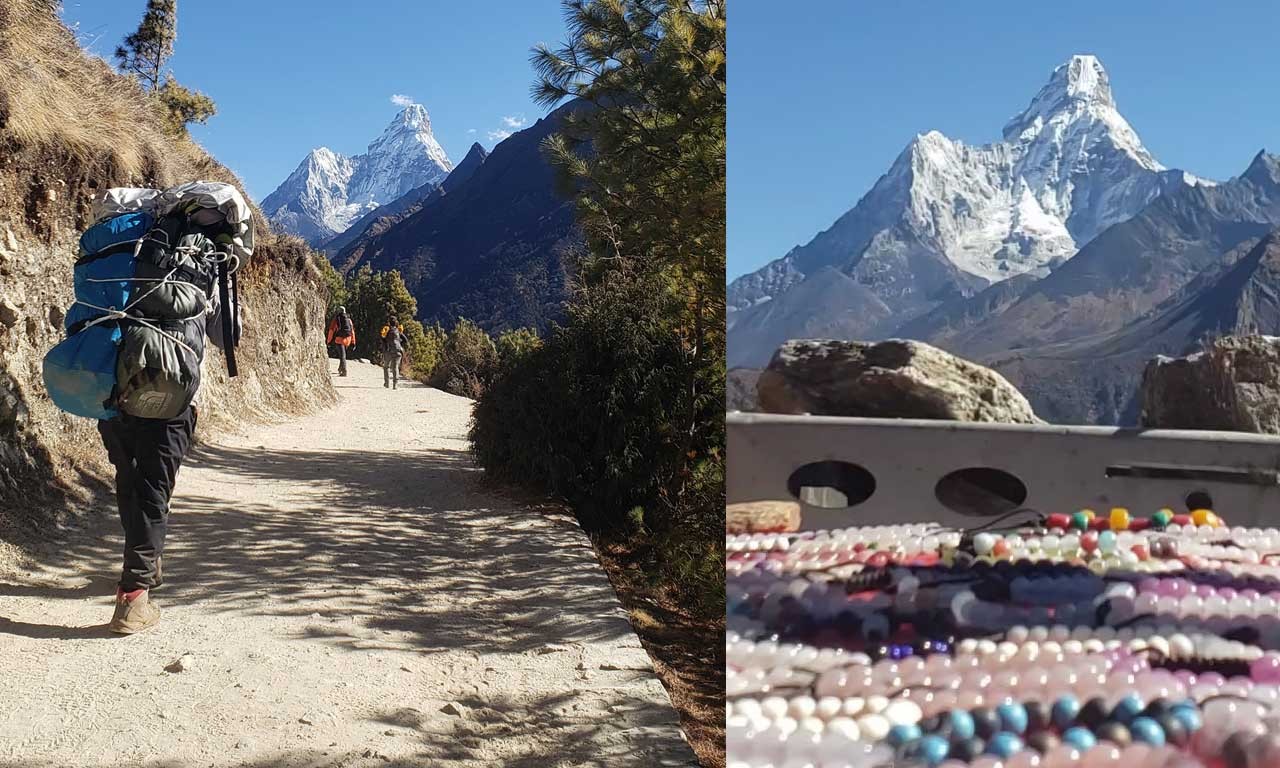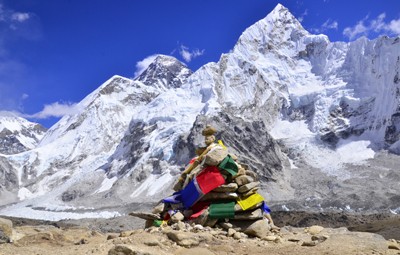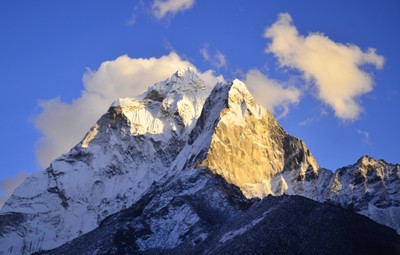For many people, the Everest Base Camp (EBC) trip is a once-in-a-lifetime experience that promises breathtaking Himalayan views, Sherpa culture, and the excitement of following in the footsteps of legendary mountaineers. It's important to note that this is not an inexpensive excursion. The real cost of a secure, moral, and memorable EBC experience is higher than the price tag, even though inexpensive solutions may tempt you. This is why.
Why trekking in Nepal Everest Base Camp Trek Isn't a Cheap Adventure
Table of Contents
Why The Everest Base Camp Trek in Nepal Isn't a Cheap Adventure
Revealing the True Expenses of the Most Famous World Trek
The Flight of Lukla: An Essential (and Expensive) Leap
Flying to Lukla, which has one of the most severe airports in the world, is the first step in your adventure. Precision flying is required on Lukla's tiny, steep runway, which is tucked away in the Himalayas. These flights cost a lot of money in addition to being heart-pounding. Tickets from Kathmandu range from 350 to 500 per round trip, with prices rising in the spring and fall. Weather-related delays are frequent and cause logistical problems. Although there is a road alternative, the private 4WD jeep is significantly more costly from Kathmandu, and the trip to EBC would take an additional two to four days.
Your Trek's Foundation: Guides and Porters
In the Himalayas, guides and porters are sometimes overlooked heroes. However, many low-cost businesses cut costs by paying them less. Porters make between $20 and $25 per day, while a qualified guide makes between $25 and $40 per day (including food and housing). In an area where economic possibilities are few, these wages sustain entire families. To choose a "cheap" excursion is sometimes to take advantage of their work. In order to travel ethically, you must collaborate with organisations that value paying fair salaries since those who enable your journey should be treated with dignity. Less than $15 USD per day was paid to guides and porters on the low-budget expedition.
Food on the Trail: Unspoken Expenses and Hazards
The cost of food increases dramatically as you go up. In Gorak Shep (5,164m), a basic dal bhat (rice and lentils) costs three times as much as in Kathmandu. Why? Porters or yaks carry up each ingredient, petrol canister and bottle of water. Budget treks frequently have set menus with small serving sizes, forcing you to buy extra snacks or, worse, cut back on your dietary intake.
The catch is that malnutrition can be harmful at high elevations. Emergency helicopter evacuations (covered only by specialised insurance) can cost between $4,000 and $10,000 if you become unwell due to bad cuisine or altitude sickness. Some low-cost airlines take advantage of this risk, knowing that they won't reimburse your travel expenses in the event that you have to evacuate.
Group Tours: Giving Up Freedom to Save Money
Trekking in large groups may save money, but there is a price. There won't be much time for you to experience the Himalayan magic because you'll be bound by the group's rules, timetable, and pace. Since the group is on a rigid schedule, picture them hurrying past a sunrise over Ama Dablam.
A private expedition, on the other hand, allows you to plan your own itinerary. Spend more time at tea houses, take additional acclimatisation days, and develop a close relationship with your guide. Discover Sherpa customs, visit secret monasteries, and relish some alone time in the mountains. Yes, the cost is more, but the experience is invaluable.
The "Budget Trek" Trap: A Dangerous Activity
Some operators entice tourists with extremely low charges, only to take shortcuts when it comes to food, safety, or permissions. Using unauthorised guides, neglecting porter care, or skipping appropriate acclimatisation days are all warning signs. If you become unwell, you will have to pay for your own expensive evacuation. Never stop asking: Why is this travel so inexpensive? Frequently, the answer entails compromising ethics, safety, or both.
The Actual Benefits of an EBC Trek
Hiking to Everest Base Camp is more than simply a hike; it's a commitment to the local community, the environment, and oneself. Here's how you can make it matter:
- Select operators who are moral: Seek out organisations that care about their employees; regardless of the number of reviews on TripAdvisor or other portal sites, the majority of them are operating and collecting 15–20% in commission.
- Make safety your top priority. Make sure your package includes high-altitude rescue insurance, a qualified guide, and acclimatisation training days.
- Pack wisely: To help defray food expenses, bring snacks from Kathmandu.
- Give generously: Give porters and guides five to ten percent of your trip fee as a token of appreciation for their efforts.
Conclusion: Make an Investment in the Experience
Trekking to the Nepal Everest Base Camp is an unforgettable experience. Although it may be alluring to look for the best deal, keep in mind that this is not the place to take short cuts. You can protect your health, help Nepal's mountain villages, and make sure that every part of your journey is as breathtaking as the surrounding peaks by choosing a trustworthy operator.
The Himalayas are here to stay, so make sensible plans, hike sensibly, and save money. The mountains will appreciate it, as will the people who live there.




